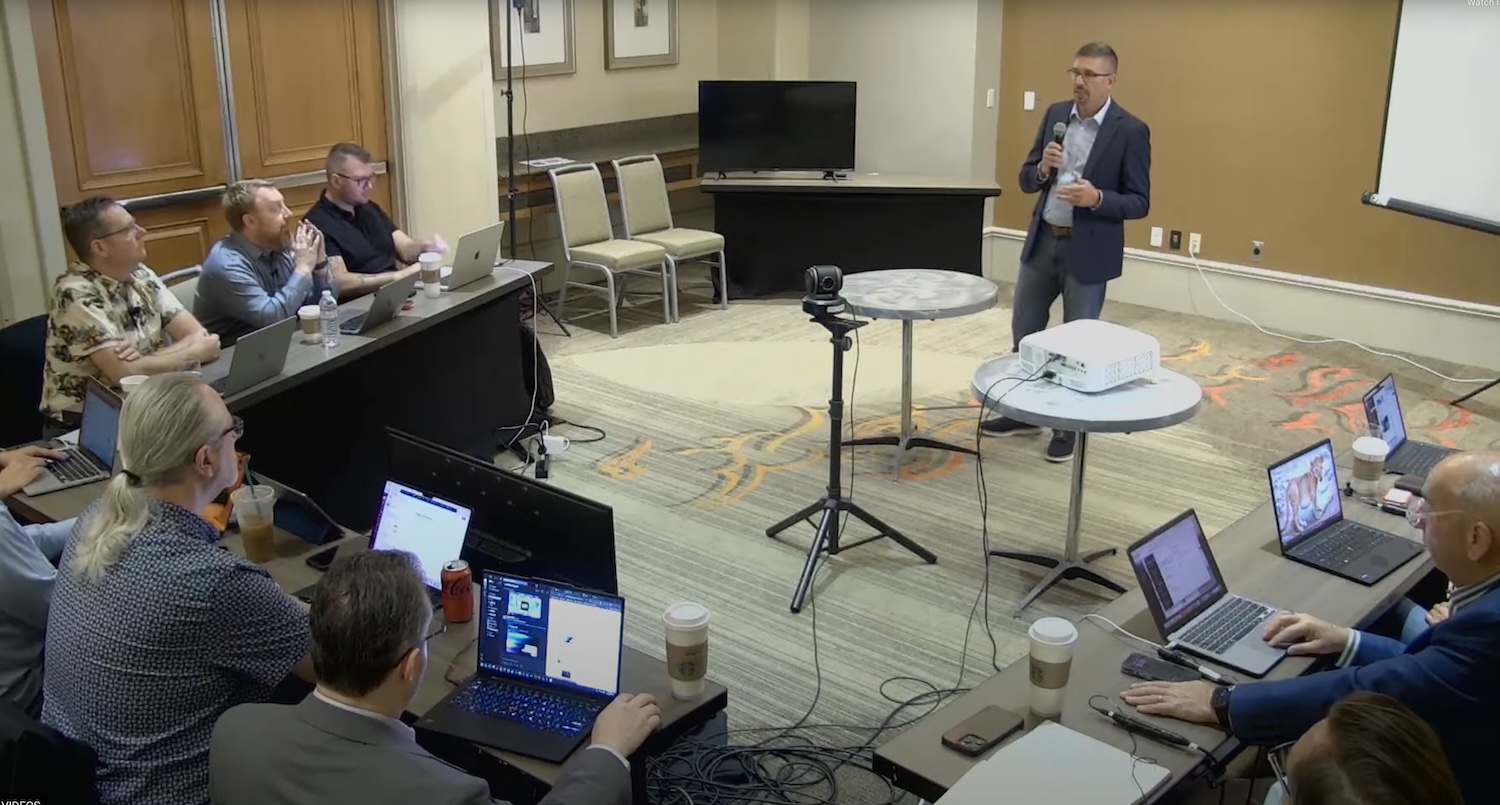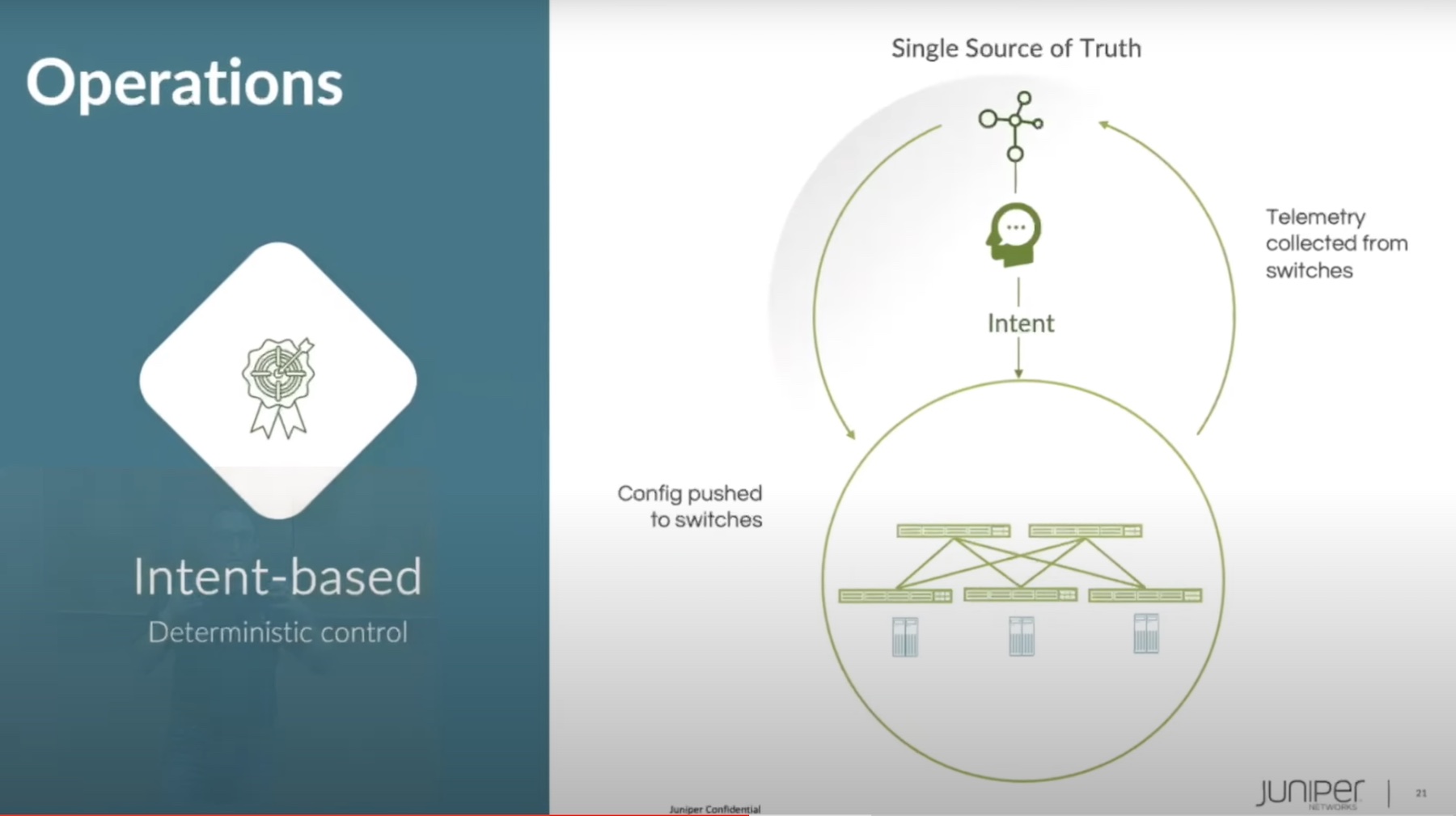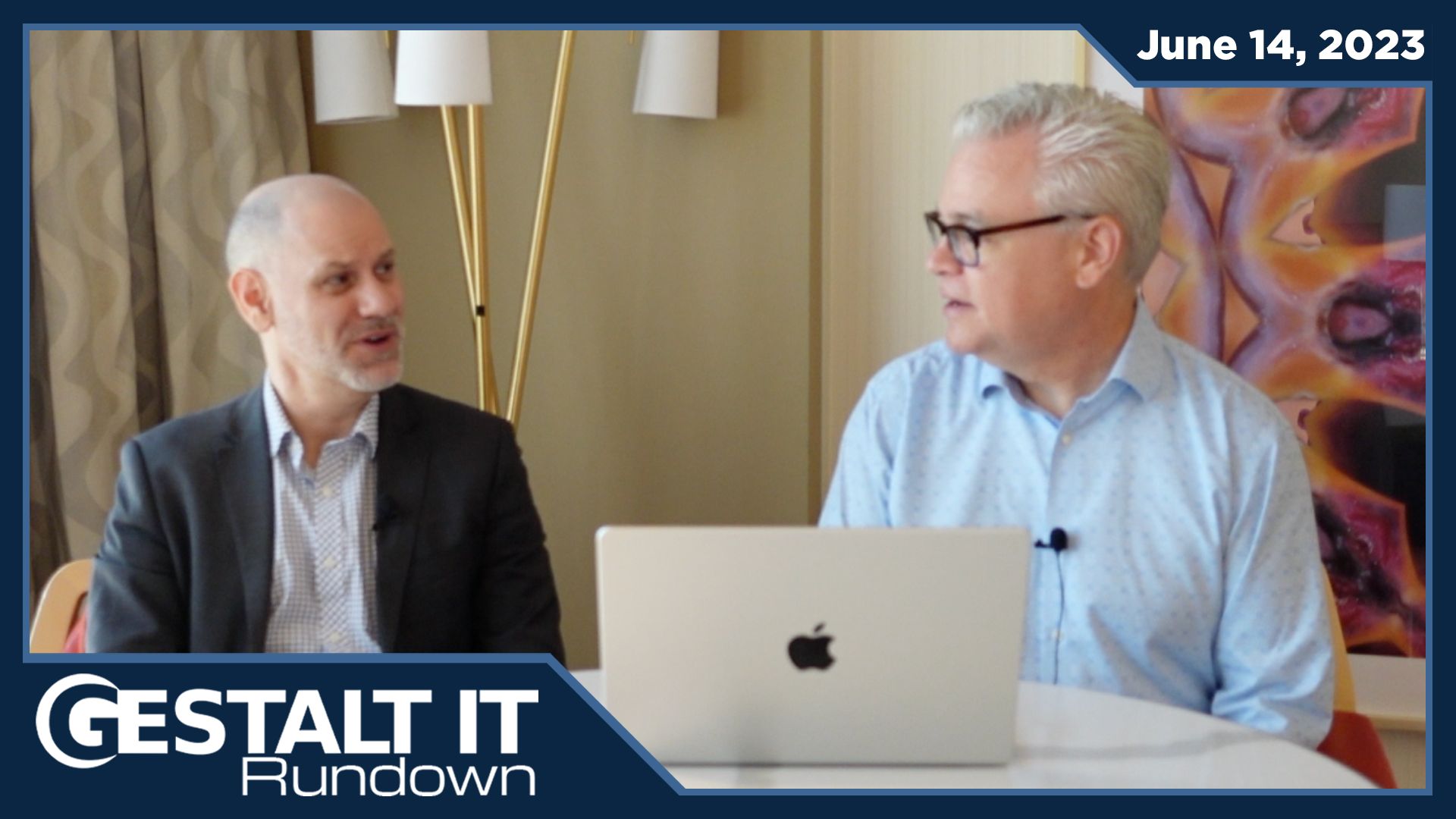I got a chance to sit down with Andrew Wertkin of BlueCat Networks and fellow Gestalt IT regulars, Tom Hollingsworth and Chris Grundemann, to discuss automation in the modern enterprise. The thought that an operations engineer can be replaced with a tiny shell script is far from true. However, that same engineer can’t hold onto traditional practices and hope to survive the revolution that is occurring in the enterprise.
The Source of Truth
As an IT professional, at times, it may feel that the knowledge needed to complete a task, solve a problem, or even set up a network printer is locked away in an arcane tome — a tome that surely must be sitting in the datacenter, protected by a mystical dragon. Organizations have grown so rapidly that in many cases, there wasn’t even time to document how their new internal processes work. We always thought that “Karl” (who has been at the company for years and knows the processes from memory) will be present to set up the printer or enter the magic subnet/VLAN combination to allow a device to be correctly managed. The keeper of this knowledge may even take it for granted that they are the keeper of such conventions.

I echo Andrew’s sentiment from our conversation — enterprises cannot keep up with the velocity of change if their strategy is to get a trouble ticket and solve each ticket one at a time. To truly scale, the enterprise must adapt and automate. This isn’t to say that the IT job will disappear. In fact, it’s the opposite. The world of automation is going to enhance the current abilities of IT workers and free up their brain cycles so that they can focus on higher-value tasks, such as innovating business processes. As with all fear, the fear comes from the unknown. How will “traditional” IT workers know the organization still needs them? How will they adapt to a radically different world where the applications and building automations are standard?
Applications Are King
Now that the delivery of applications is central to any business’ operations, there has to be more accountability on the developers of these applications to build robust software that can scale. No longer can you depend on a network or trust that a dependent service is reliable. Plus, IT workers are not setting the rules anymore. Applications are providing so much value that the relationship between IT and the applications has been turned on its head.
Software developers have added responsibility to ensure the reliability of the application and to deliver more features, faster. The days of the big bang release quarterly — or monthly — are over, as applications grow and scale at what seems like light-speed. The flip side of this is that there are no “set it and forget it” applications. Applications are deployed into ever-changing environments of browser versions, network protocols, and security measures that stand at each corner, ready to break the applications in new and interesting ways. The enterprise change management processes that previously delivered stability in the applications and network will need to adapt and be more agile. Enterprises will have to think differently about how they deploy and scale these applications.
Conclusion
What advice would you give an organization embarking on finding those dragons in the datacenter? While each enterprises’ journey will certainly be unique, Tom, Chris, Andrew, and I shared our collective wisdom:
- Start now — document the tribal knowledge and business processes. Documenting is the first step to automating and augmenting your human value in the system. You don’t want this knowledge to walk out the door.
- Understand dependencies in your environment. This is a great follow-up to documentation. Plus, you will discover many dusty gems hiding in the corners of your infrastructure and applications.
- Start small — not everything needs to be automated today. Find areas to experiment with and take the easy wins early. Add in automated testing while it is small and more agile.
Go forth and slay those dragons.




